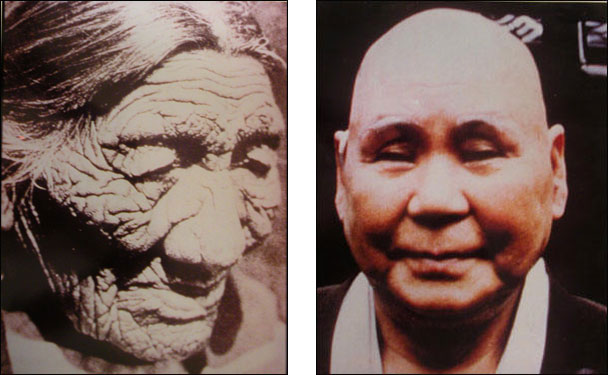Sunburn is the result of not using proper skin protection while sunbathing or even from routine sun exposure. The skin becomes red, tender and swollen. You may have a stinging sensation and blistering may occur. Some people even get a low grade fever. The skin will eventually shed or peel, once the skin underneath has renewed itself.
While it is quite common for our cells to sustain some DNA damage over the course of time, our skin cells take the brunt of this damage, since these cells are routinely exposed to solar radiation. In fact, when you get a sunburn, thousands of skin cells have been killed. The cells that survive often have DNA damage. Unfortunately, as we age, our bodies produce less DNA and RNA material, so our cells lose their ability to repair DNA damage—all of which promotes wrinkles, lines, and sagging.
Use sunblock! It is important to mention sun block. All types of skin need to be treated. There is a tendency for people with darker skin to mistakenly believe that they are protected from the harmful rays of the sun. While it might be true that they get less skin cancer, there is still a significant percentage that do. With more sun damage and exposure, the risk multiplies. Of course, their increased pigmentation does not offer any protection for the accelerated aging effect the sun has on their skin.

The left picture is a 58 year old American Indian female who spent practically all of her time outdoors. The right picture is a 72 year old Tibetian monk who spent practically all of his time indoors away from the sun. I believe the pictures say it all!
old Tibetian monk who spent practically all of his time indoors away from the sun. I believe the pictures say it all! Sun block is an essential part of an effective skin care regimen.
Don't forget about your lips. Wearing sunglasses also protects your eyes. Both areas should not be forgotten.
When I first published The 7 Critical Questions to Ask Before Letting Any Surgeon Touch You, I had no idea that it would be so popularly received. Since its publication, this brief guide has helped thousands like you to more safely navigate the world of cosmetic surgery. The 7 Questions have been updated and a bonus section, Applying the 7 Questions, has just been added. Be my guest to read, learn and share.